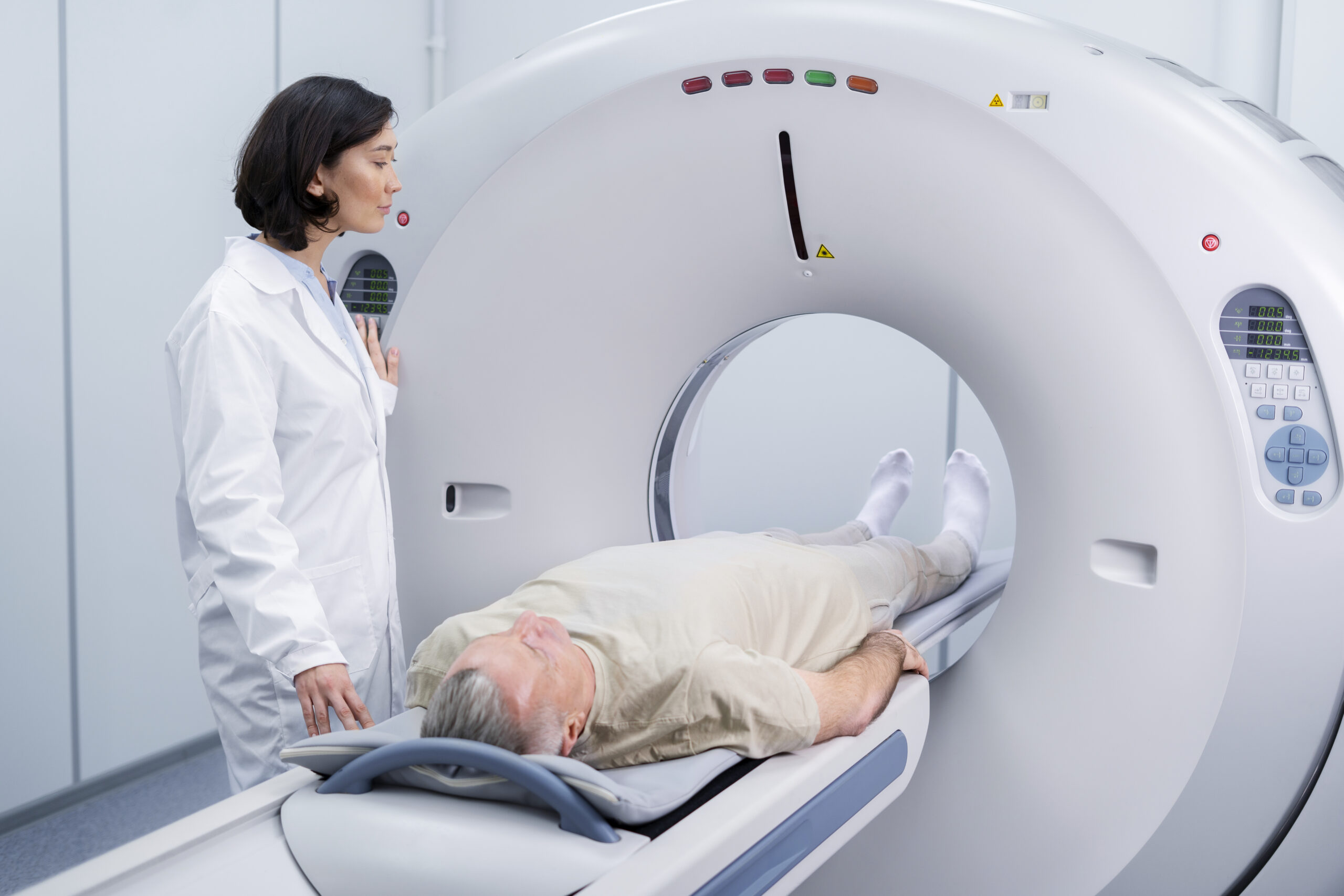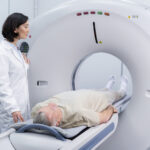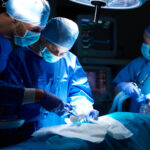
CT Scan
What is a CT Scan?
A Computed Tomography (CT) scan is a medical imaging technique that combines multiple X-ray images to create detailed cross-sectional images of the body. It provides a more detailed view than standard X-rays, allowing doctors to examine bones, organs, blood vessels, and soft tissues with high precision.
How Does a CT Scan Work?
During a CT scan, an X-ray beam rotates around the patient, capturing multiple images from different angles. A computer then processes these images to create a detailed 3D representation of the body. In some cases, a contrast dye is used to enhance the visibility of certain structures.
Why is a CT Scan Done?
Doctors recommend CT scans for various reasons, including:
- Diagnosing Injuries: To detect fractures, internal bleeding, or trauma-related issues.
- Detecting Tumors and Cancers: Helps identify abnormal growths in the brain, lungs, abdomen, or other areas.
- Assessing Organ Conditions: Used for evaluating the liver, kidneys, heart, and lungs.
- Guiding Surgeries & Treatments: Helps in planning surgeries and monitoring treatments.
- Detecting Blood Clots & Strokes: Essential in emergency cases to diagnose strokes or blockages.
Types of CT Scans
- Head CT Scan: Detects brain injuries, tumors, and strokes.
- Chest CT Scan: Examines lungs for infections, tumors, or blood clots.
- Abdominal CT Scan: Evaluates organs like the liver, kidneys, and intestines.
- Spinal CT Scan: Helps in diagnosing spinal cord injuries and herniated discs.
- Cardiac CT Scan: Used to examine heart conditions and detect blockages.
Is a CT Scan Safe?
While CT scans involve radiation exposure, modern machines minimize the dose, making it relatively safe. However, frequent exposure should be avoided unless medically necessary. Pregnant women should consult their doctors before undergoing a CT scan.
Preparation & Procedure
- You may be asked to avoid eating for a few hours if contrast dye is used.
- Remove metal objects like jewelry, glasses, or belts before the scan.
- The procedure is painless and typically takes about 10-30 minutes.
- After the scan, normal activities can usually be resumed immediately.
Conclusion
CT scans are a crucial diagnostic tool that provides fast and accurate results, helping doctors make informed medical decisions. With technological advancements, CT imaging has become safer, quicker, and more effective in diagnosing a wide range of health conditions.




